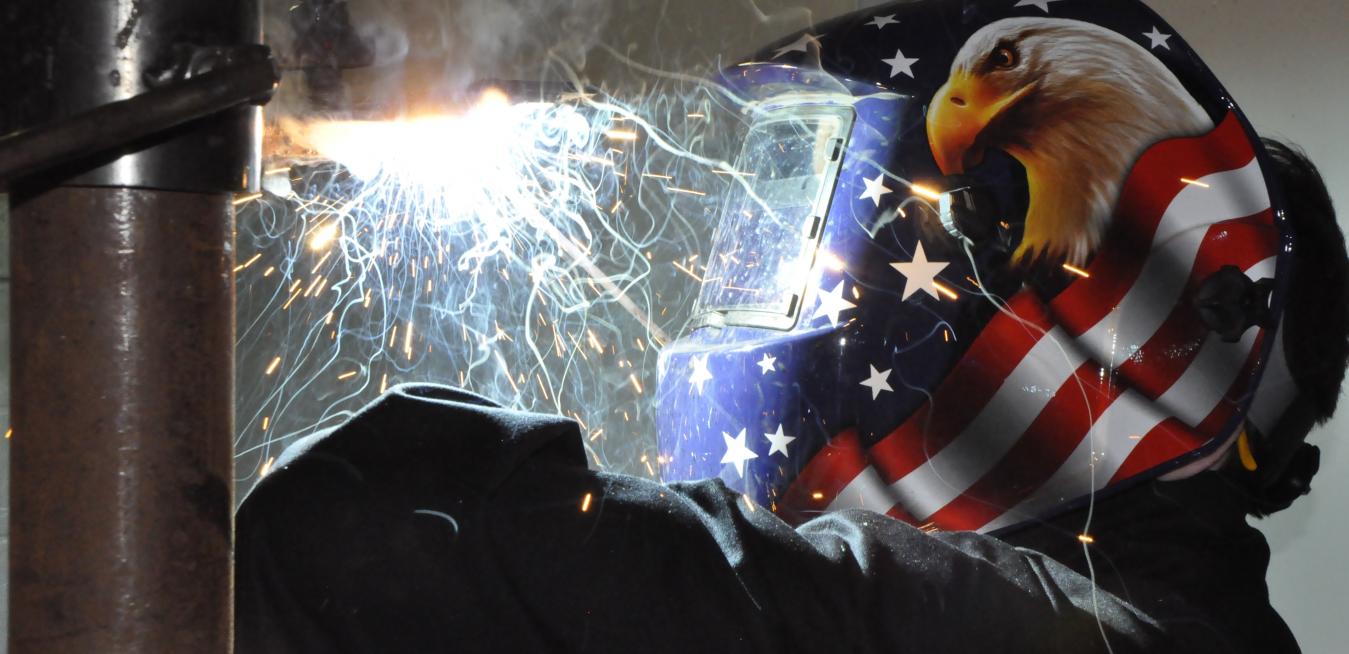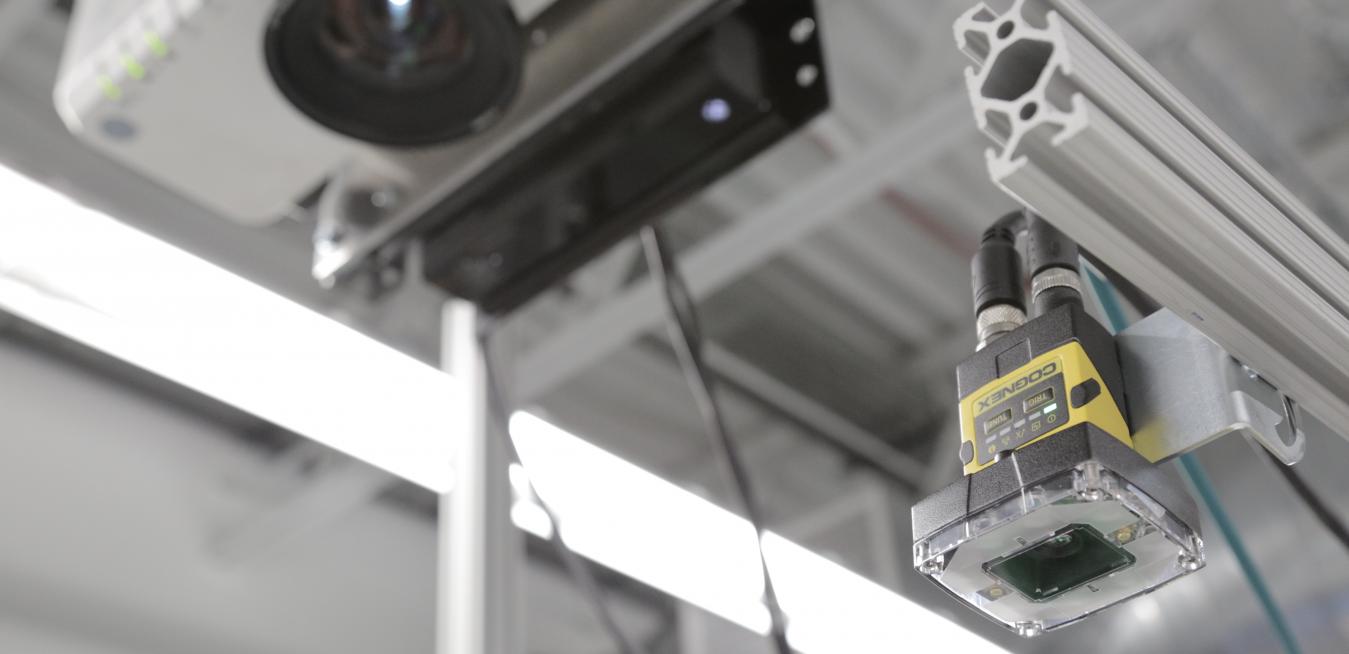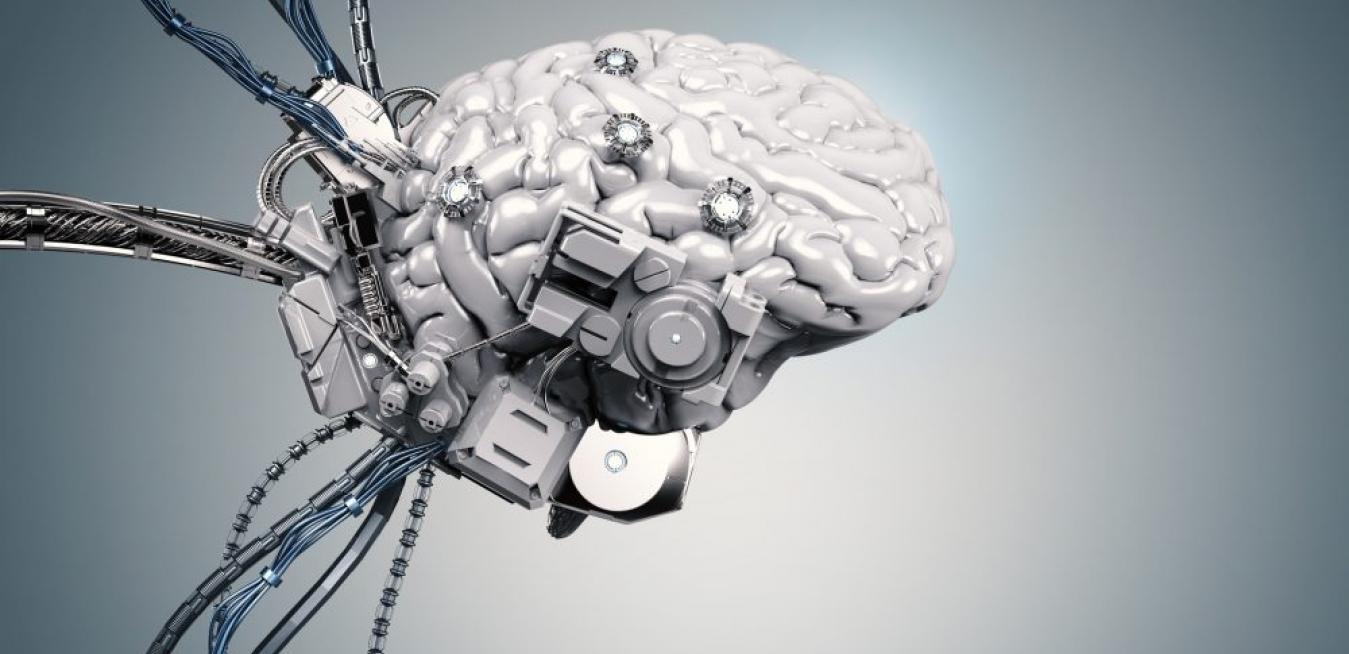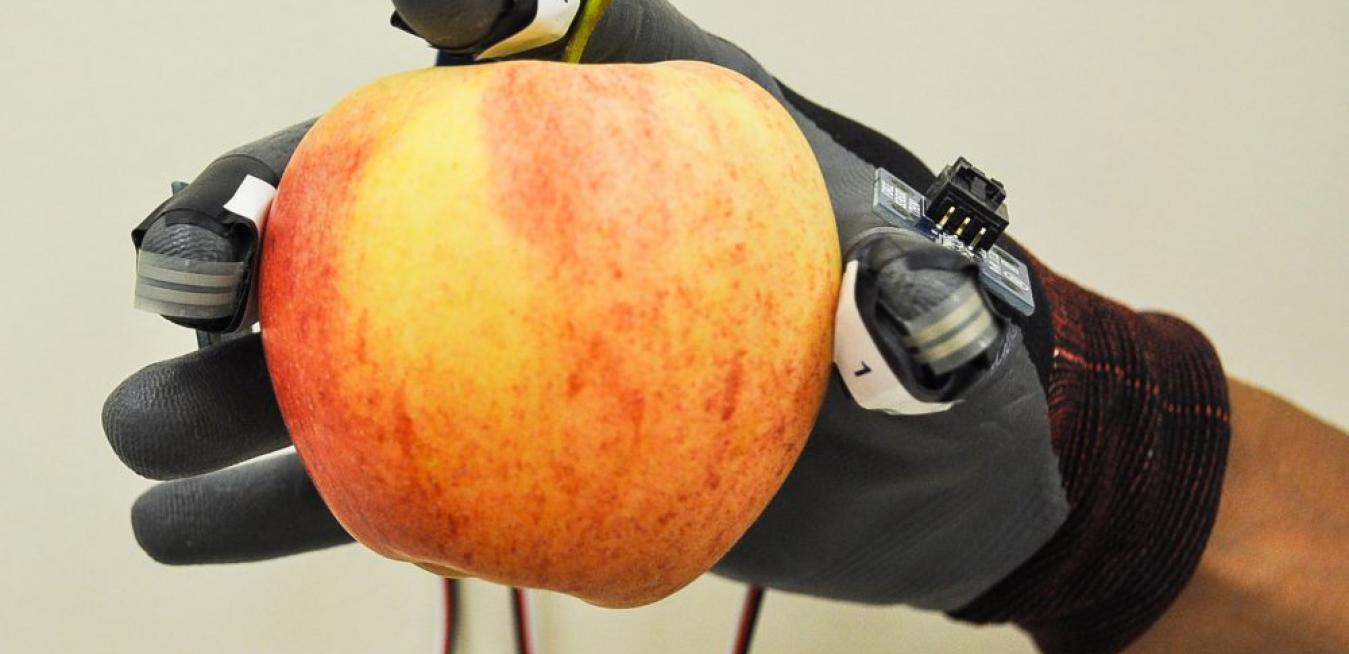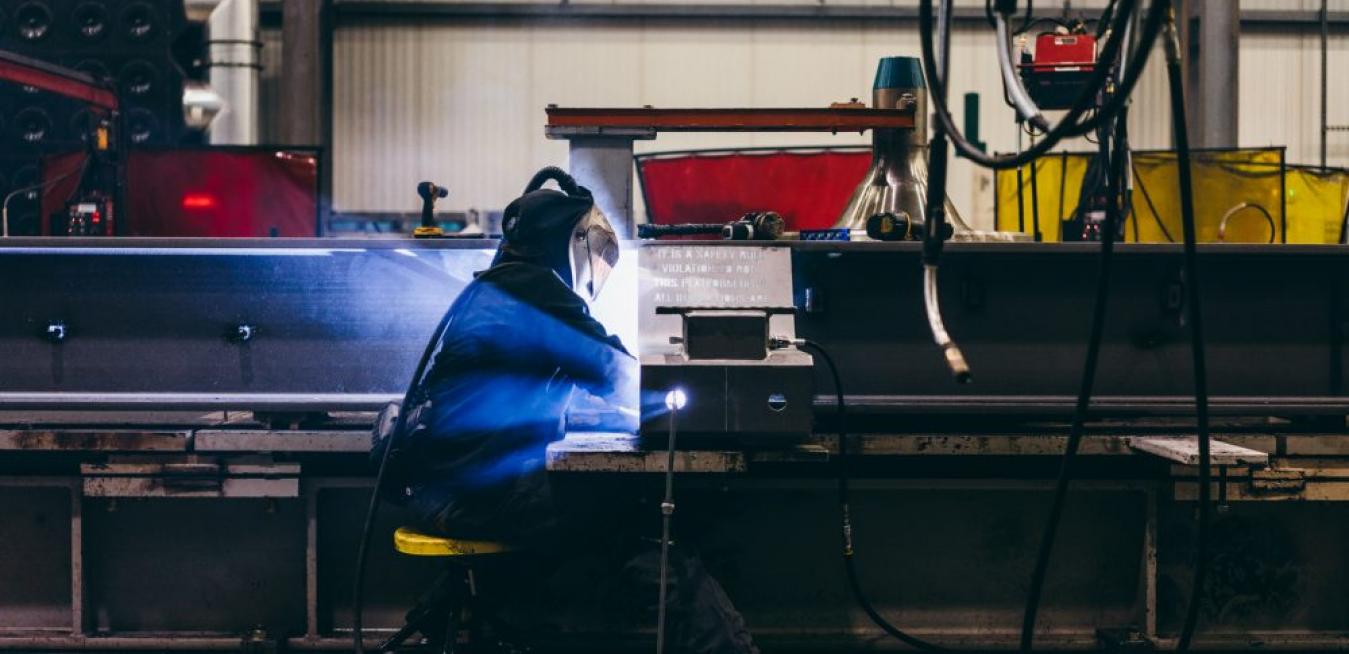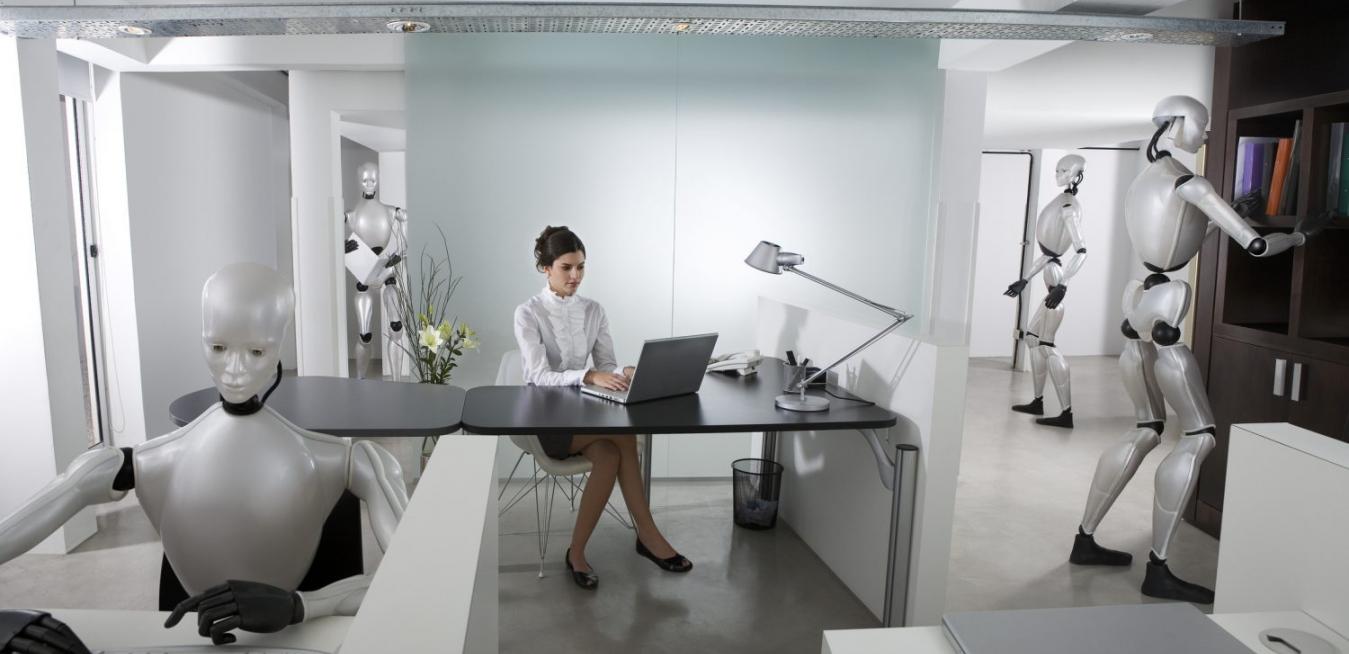At the Greene County Career Center in southwestern Ohio’s Xenia Township, 650 high school students spend half their day in the classroom, learning traditional subjects like math, English and social studies. The other half of the day, though, is what gets them most excited.
In popular culture, automation is generally synonymous with putting people out of work. But in real life it can do the opposite, making workers more effective at the jobs they already have. That’s the case with a full-body exoskeleton under development at Sarcos Robotics, which expects to release a commercial product in early 2020.
What you’ve heard is true: The robots are coming to take our jobs, writes technologist and entrepreneur Aidan Cunniffe. But instead of fearing our machine counterparts, should we be thanking them? In the future, artificial intelligence and automation technology will begin to take over in a big way, transforming the entire way we do business. In fact, that future is closer.
GE Reports Perspectives welcomes experts to analyze the impact of technology on the future of work. Here, Martin Ford, author of the New York Times bestseller, Rise of the Robots: Technology and the Threat of a Jobless Future, shares his predictions about artificial intelligence (AI) and its impact on jobs and the economy.
- Will advances in AI make society better off or worse off?
How do you promote digital transformation and innovation, even at companies that are decades old? Mary Young, principal researcher for The Conference Board, provides case studies from organizations that have morphed to embrace digital.
Sears. Circuit City. Borders.
What left them in the dust? For one thing, a failure to embrace digital transformation.
With advancements in technology, industrial products have evolved. Manufacturing has changed, and jobs must adapt.
Making spare parts doesn’t sound like ground zero for a technological revolution. But at a time when the entire manufacturing workforce is bracing itself for the changes sweeping the industry, the concept of “replacements” takes on extra resonance.
For the past thirty years, we have celebrated the huge benefits of globalization, with too little attention focused on its drawbacks. At the outset we should acknowledge that the benefits of globalization have greatly exceeded the costs both globally as well as individual countries.
Google Glass may have stumbled in the consumer market, but smart glasses have found new life in industry. Workers assembling wind turbines at a GE Renewable Energy factory in Pensacola, Florida, for example, wear smart glasses powered by Upskill, a GE Ventures-backed company that produces enterprise software for wearables.
